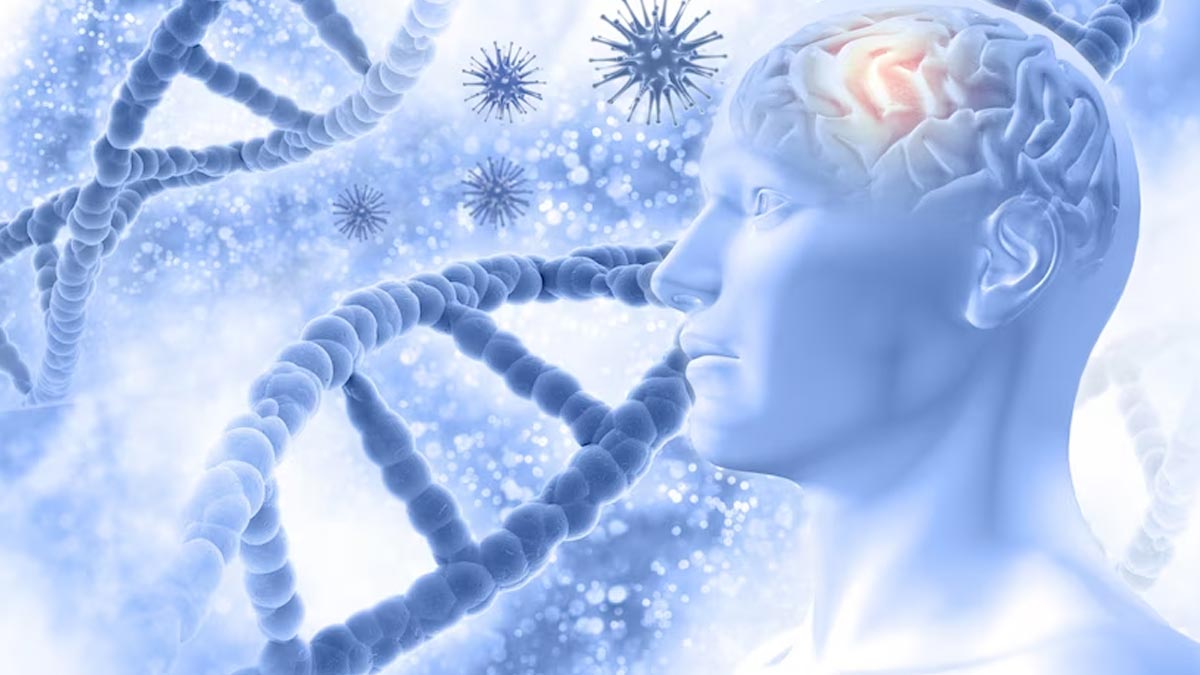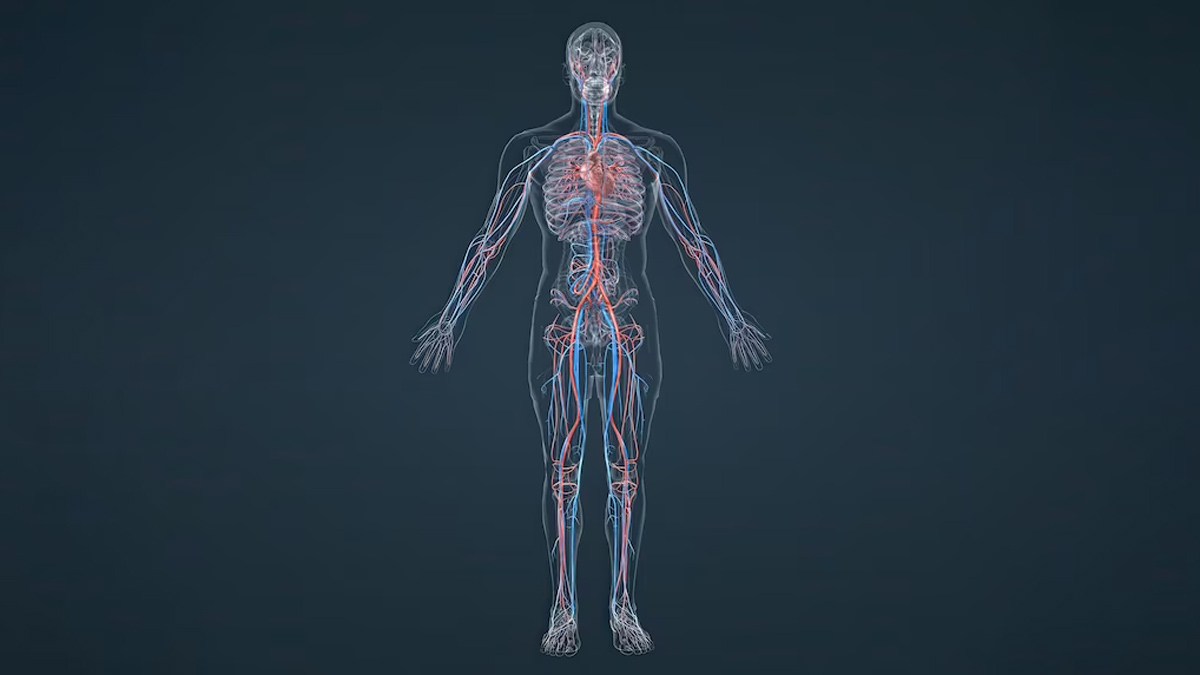
Guillain-Barré syndrome is a rare neurological disorder in which the body's immune system mistakenly attacks the peripheral nerves. These nerves are responsible for transmitting signals between the brain and spinal cord to the rest of the body, controlling functions like muscle movement, sensation, and reflexes.
Table of Content:-
In an exclusive interaction with us, our expert, Dr Shrey Kumar Srivastav, Senior Consultant and Physician at Sharda Hospital - Noida, shared that in GBS, the immune system damages the myelin sheath, which is a protective layer surrounding the nerves. The damage disturbs nerve impulses from propagating, causing a variety of symptoms to manifest. Here are a few key things you need to know about Guillain-Barré Syndrome
Causes Of Guillain Barre Syndrome
The exact cause of GBS is unknown, but it is often preceded by a bacterial or viral infection. Common triggers include respiratory or gastrointestinal infections, such as the flu or food poisoning. In some cases, GBS has also been associated with certain vaccinations, such as the flu vaccine. Here are some of the most frequent triggers:
- Campylobacter jejuni (the bacterium, commonly identified in undercooked poultry)
- Viral infections such as influenza, cytomegalovirus, epstein-barr virus, zika virus, HIV, hepatitis A, B, C, and E
- Surgery
- Trauma
- Some vaccines
Symptoms Of Guillain Barre Syndrome
GBS usually starts with weakness and tingling sensations in the legs. The weakness can progress rapidly, leading to muscle paralysis. Other symptoms may include difficulty with coordination, reflex loss, and in severe cases, breathing difficulties. The severity and progression of symptoms can vary from person to person.
Also read: Delhi Rains: Cases Of Dengue, Malaria, Typhoid On A Rise
Diagnosis Of Guillain Barre Syndrome
GBS is diagnosed through a combination of clinical examination and tests, such as nerve conduction studies and lumbar puncture to analyse cerebrospinal fluid. These tests help confirm the characteristic features of GBS and rule out other conditions with similar symptoms.

Treatment Of Guillain Barre Syndrome
There is no cure for GBS, but early intervention can help manage the symptoms and prevent complications. Treatment typically involves intravenous immunoglobulin (IVIG) therapy or plasmapheresis, a procedure that removes harmful antibodies from the blood. Physical therapy is also an important part of the recovery process to regain muscle strength and coordination.
Also read: Delhi Rains: Cases Of Dengue, Malaria, Typhoid On A Rise
Prognosis Of Guillain Barre Syndrome
The majority of individuals with GBS experience a good recovery over time. However, the recovery process can be slow and may take weeks to months or even longer. Some individuals may experience residual weakness or other long-term effects. In rare cases, GBS can be life-threatening if it affects the muscles responsible for breathing and swallowing.
Support and Rehabilitation For Guillain Barre Syndrome
GBS can have a significant impact on an individual's physical and emotional well-being. Supportive care, including psychological support and rehabilitation, is crucial for managing the challenges associated with GBS. Physical therapy, occupational therapy, and counselling can help individuals regain independence and improve their quality of life.
It is important to consult a healthcare professional if you or someone you know experiences any symptoms suggestive of GBS. Early diagnosis and treatment can make a significant difference in the outcome and recovery from this condition.
Bottomline
Guillain-Barré syndrome is a relatively rare, acute neurological disorder where the immune system attacks the nerves, which makes patients suffer muscle weakness and may even cause paralysis. Its causative factors are unknown but are most frequently associated with preceding infections. Many people make an excellent recovery with appropriate treatment if medical care is sought promptly.
[Disclaimer: This article is for information purposes and not meant to be considered as medical advice. For a proper diagnosis or treatment of medical conditions, contact a qualified healthcare professional]
Also watch this video
Read Next
Study Reveals Iron Deficiency Not The Root Cause Of Anaemia In India | Tips To Mitigate The Risk
How we keep this article up to date:
We work with experts and keep a close eye on the latest in health and wellness. Whenever there is a new research or helpful information, we update our articles with accurate and useful advice.
Current Version